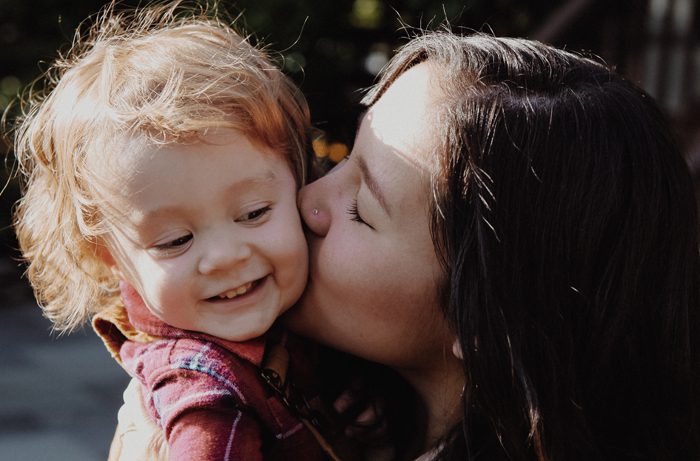Abuse can be overwhelming to children. Most children are taught to trust adults. An overwhelming majority of abuse occurs by someone known and trusted by the child and family. They tend to believe what adults tell them is true rather than rely on their own feelings.
If the offender tells them that what is being done is okay, they may doubt their own feelings that it is not. If the non-offending caregiver’s initial reaction when they hear the child’s abuse report is “This can’t be true,” the child may wonder if his or her own feelings are mistaken. Children rarely lie about being abused. More often they fear that telling will make people angry with them. It is extremely difficult for children to report abuse.
It is important to provide your child with safety, love and support. Let him or her know it is okay to cry or be angry. It is important for your child to know that the abuse was not their fault. Some children are concerned about how the disclosure will affect their family and loved ones, so it is important to be supportive.
Adapted from: When Your Child Has Been Molested by Kathryn B. Hagan
Disclosure can be overwhelming and scary for children, so it is best not to ask a lot of questions. Let your child know that if they need to talk, that you will be there to listen and answer any of their questions.
The chances of recovery for your child are much greater if you do all you can to support them. If you feel torn between loyalty to your child and loyalty to the offender, find a professional to help you sort out those feelings

The single most important factor affecting the child’s recovery is the level of support from the non-offending caregiver.
Everyone at the Northern Plains Children’s Advocacy Center was very informative & helpful. They made our experience less stressful. Thank you.
What You Can Say
- I believe you.
- It’s not your fault.
- I’m glad you told me.
- I’m sorry this happened to you.
- I will take care of you.
- Nothing about YOU made this happen.
- I am upset, but not with you.
- I’m sad too. You may see me cry. That’s all right. I will be able to to take care of you. You don’t need to take care of me.
- You can still love someone but hate what they did to you.
- I am proud of you.
What You Can Do
- Return to a normal routine as soon as possible. Children often find comfort in the predictability that a routine offers.
- Ensure that your child is assessed and receives appropriate counseling services. Find help for yourself.
- You don’t have to do it all on your own.
- Teach your child the rules of personal safety. Tell them what to do if someone tries to touch them or treat them in an uncomfortable or hurtful way.
- Be careful not to question your child about the abuse. If your child wants to talk about it, listen supportively, but do not probe. Specially trained professionals at the CAC will interview your child to obtain the necessary information without harming the case or further traumatizing him/her.
- Keep yourself and your child away from the person suspected of the abuse. This is to protect your child’s welfare, yourself and that person.
- Avoid discussing the case with other victims or the families.
- Never coach or advise your child on how to act or what to say to professionals or investigators.
- Your child may need an extra sense of physical security. Stay close, and assure your child you will keep him/her safe.
- Remember to give attention to your other children.
- Follow the recommendations from your team at the CAC. They are specially trained in working with abuse and will be able to offer recommendations specific to your family and case.
